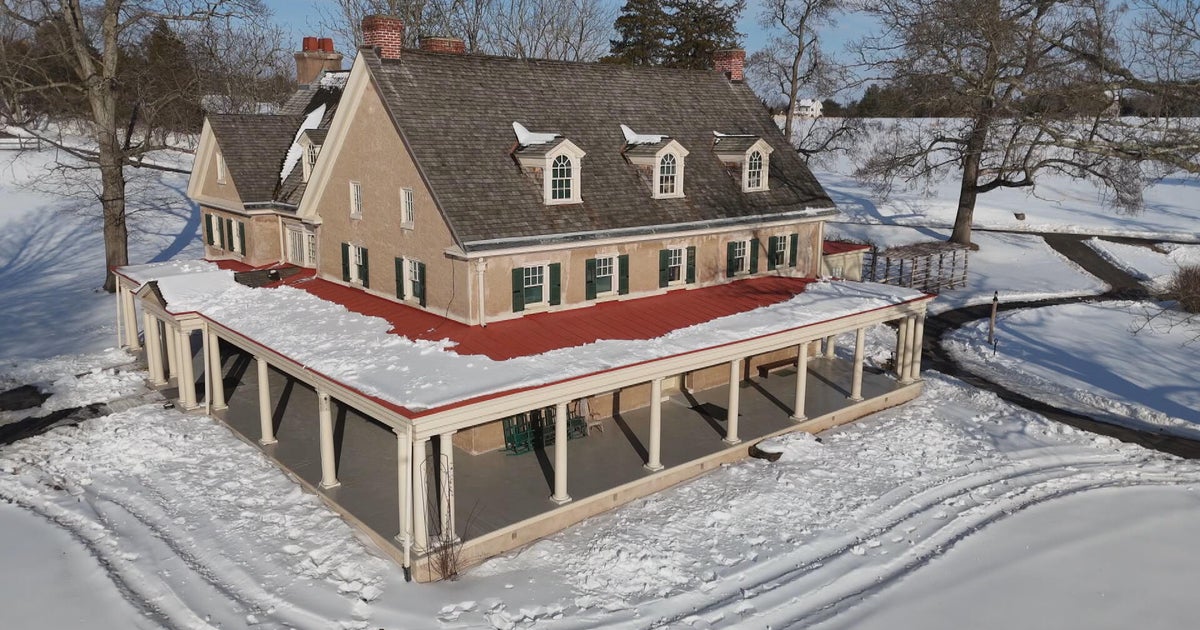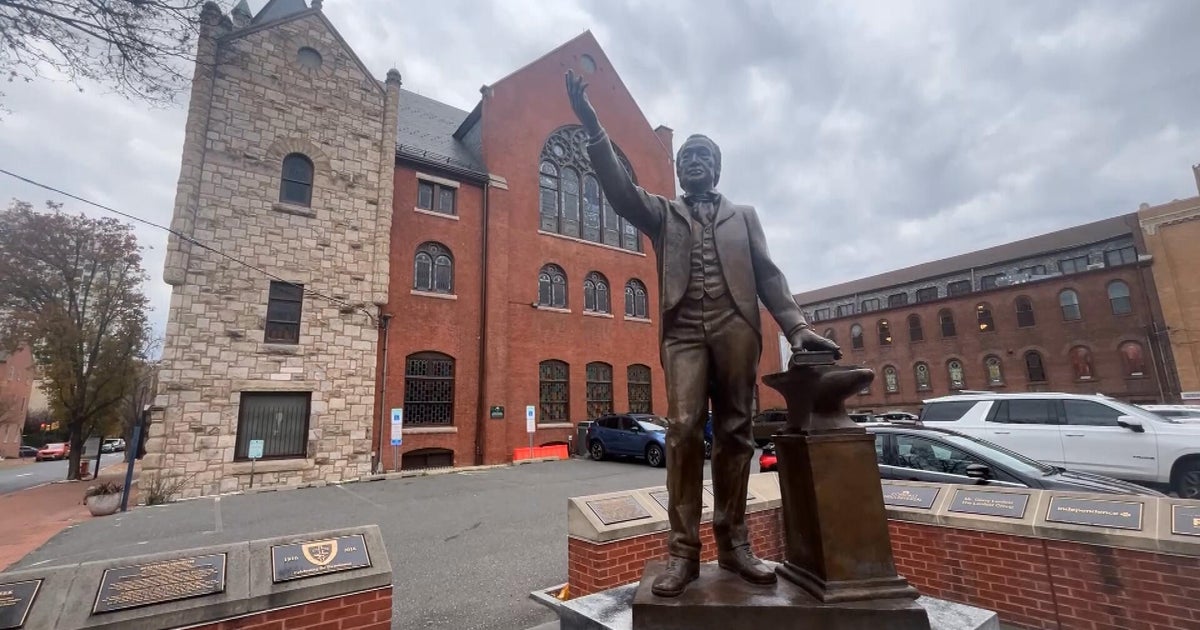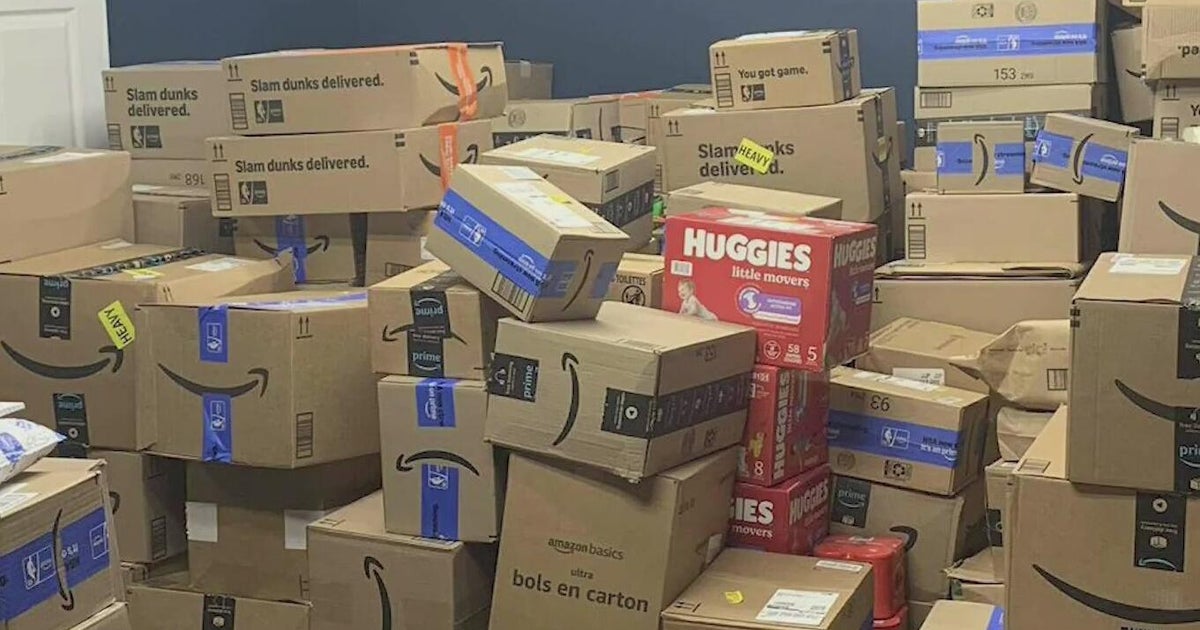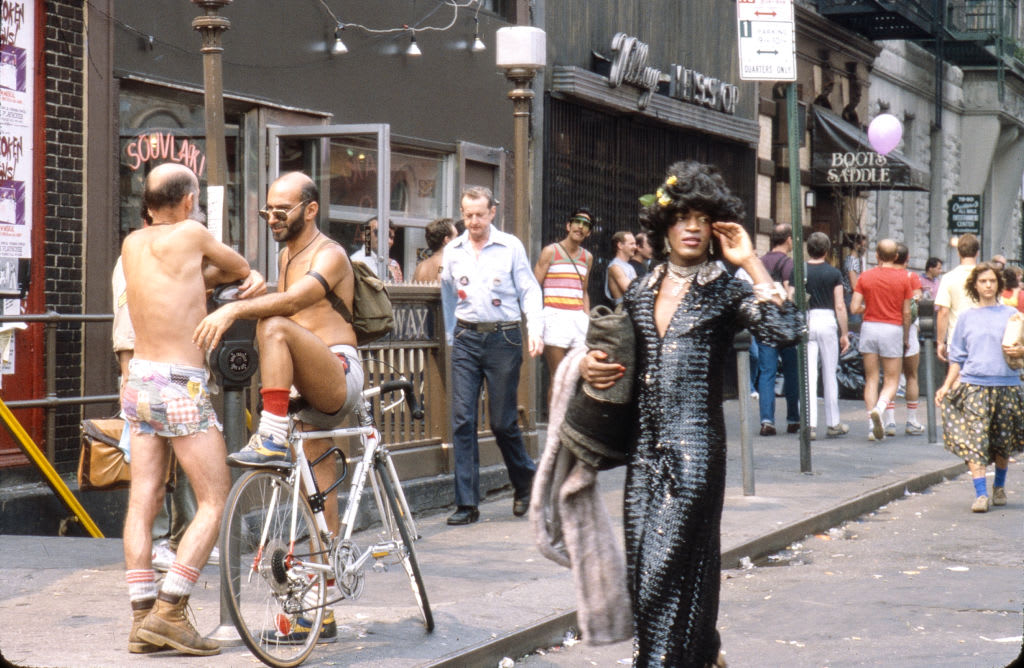50 years later, LGBTQ elders at Stonewall believe the uprising accomplished its goal
In 1960s America, it was illegal to be gay, and police raids on gay bars were frequent. But on the night of June 28, 1969, patrons at the Stonewall Inn in Manhattan's Greenwich Village fought back.
CBSN anchor Anne-Marie Green spoke with two LGBTQ elders who were there on that historic evening: Martin Boyce and Charles "Val" Harris. Boyce said raids were so commonplace that patrons were "trained" to respond to them.
"The lights would strobe, you moved apart from anyone, even a friend that you were with. You took out your ID, you be quiet, and you pray and hope that the police were not in the worst kind of mood," Boyce said. He said he knew that night 50 years ago was different when he passed a drag queen fighting back against a cop.
"Her kicking him was the first sign that this night was not going to be like any other," Boyce said.
Uptown at a club called Sanctuary, the news reached Harris that an uprising was taking shape at Stonewall. Though he was underage, he and a friend headed to the bar. Harris still has visceral memories.
"The humidity, that smell [of the Hudson River], mixed with liquor and bottles being hurled, and smoke. That's what it was," Harris recalled. "And it was just the bottles, and the screaming and the cops, everyone actually being pushed back, you know, remember they pushed everybody back, you had to stay back. And then they started hurling bottles at the cops."
Boyce said he saw patrons of all backgrounds coming together, including professional business people at risk of losing their jobs. The goal was simple, he said: "We didn't want to change the laws, we just wanted the police to lay off. Alright, you don't like us, you hate us, you can condemn us, but just lay off. But that was an antique goal by [that] time."
Harris and Boyce believe many factors contributed to Stonewall. For Harris, the hippie movement helped coalesce disparate groups within the community.
"It wasn't a gay hippie or a straight hippie or black or white: It was hippies. And I think that had a lot to do with it," Harris said. "You got that movement really bubbling up and then the Civil Rights movement, which really was part of that bubbling up, and then you had the women's movement. It was like everyone moved at the same time from different places, but we all did this at once."
The uprising was especially powerful for Boyce, who said it established a long-needed sense of valor in the LGBTQ community. He remembered the impact it had on his father. "He was very liberal, but never complimentary on that level," Boyce said. "My father said, 'It's about time you guys did something.'"
"And then four days later, which clinched it for me that this edifice could be broken and was going to break, I was walking down the street and there was this sanitation man, this huge man. And he looked at me and glared at me. And I said 'Oh, I made a mistake, I didn't cross the street.' And this was part of the backlash. But no, he raised his fist in a salute," Boyce added.
Both men believe Stonewall achieved its goal of decreasing police harassment, as well as a wider societal acceptance of the LGBTQ community. "As long as there's goodness in people's hearts, and I think there is, we will find ways to benefit society because it's not only gay rights or just us, it has to be just is, under the umbrella of human rights," Boyce said.
They recognize work can still be done to further the movement. "It's always gonna be two steps forward, let's push back, three steps forward, back a step," Harris said.
They're proud to see LGBTQ people confidently out in public, especially given the treatment they faced just 50 years ago. Boyce said the community ran risks of violence, gay bashing, hostility and worse. He never wants another generation to go through that experience.
Only recently did the New York Police Department apologize for the raid at Stonewall. "I forgive them, but I won't forget what they did," Boyce concluded. "Because, you know, to me, the police are not a profession but a mentality. And they'll enforce what is out there to enforce... so I don't really trust them, but I'm glad they did it for themselves, for society, for the record."






